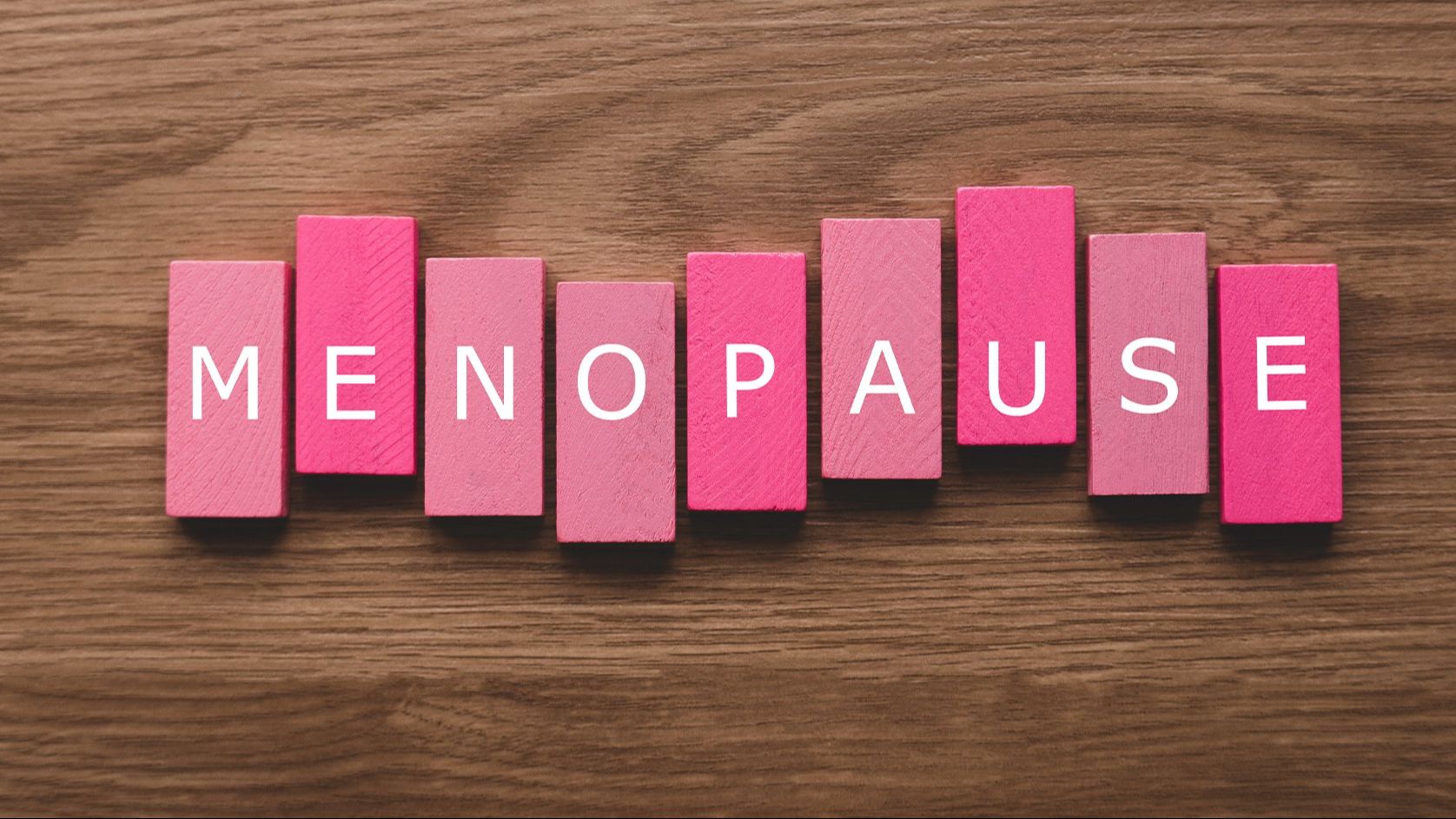Menopause Symptoms Are Signals — Not Malfunctions

The Circular Hormone Pattern Every Woman Needs to Understand
For most women, menopause is presented as a collection of problems: hot flushes, weight gain, insomnia, anxiety, mood swings, brain fog, exhaustion.
The message is usually:
“Your hormones are failing. You’re breaking down. Here are some medications to manage it.”
But that’s not what’s actually happening.
Menopause isn’t a malfunction — it’s a transition.
A profound shift in physiology, signalling that your body is ready to move into a new season.
And the symptoms you feel?
They’re not random.
They’re not inevitable.
They’re not “just ageing.”
They are signals pointing you toward deeper imbalances that have often been building for years.
When we learn how to interpret these signals, everything changes.
Instead of fighting your body, you can finally work with it.
Symptoms Speak a Language — Here’s What They’re Saying
Most menopause symptoms don’t come from “low estrogen” or “hormones shutting down.”
They arise when the organs that regulate stress, detoxification, metabolism and digestion become overwhelmed during the hormonal transition.
Your liver, gut, thyroid, adrenals, and nervous system are suddenly asked to adapt — and if they’re already burdened, the shift feels intense.
This is why menopause looks different for every woman.
Some breeze through it.
Others feel like everything is falling apart.
The difference isn’t willpower.
It’s the body’s capacity.
And that capacity is shaped by one core pattern:
A cycle where each imbalance triggers the next…
until symptoms begin stacking.
Let’s break it down.
The Circular Pattern Every Woman Needs to Understand
Physiology is always interconnected.
When one system struggles, it places pressure on the others — and menopause is the time when these connections become impossible to ignore.
Here’s the cycle many women are stuck in:
1. Liver congestion
The liver is responsible for clearing hormones (especially estrogen), processing toxins, metabolising fats, and supporting thyroid function.
When it’s congested or overburdened — often from stress, medications, poor sleep, environmental chemicals, alcohol, or inflammation — everything slows.
➡ leads to…
2. Oestrogen dominance
If the liver struggles to clear estrogen, levels can build up relative to progesterone.
This isn’t only about high estrogen — even normal estrogen can dominate if progesterone is low.
Symptoms often include:
-
heavy periods
-
breast tenderness
-
weight gain
-
irritability
-
hot flushes feeling more intense
-
headaches
-
bloating
➡ leads to…
3. Fat digestion issues
A congested liver → sluggish bile → poor fat breakdown.
Suddenly:
-
fats feel “heavy”
-
you react to certain foods
-
you’re not absorbing the fats that stabilise hormones and fuel your brain
➡ leads to…
4. Nutrient depletion
Poor fat digestion = poor absorption of fat-soluble nutrients (A, D, E, K).
These nutrients are essential for:
-
bone strength
-
thyroid function
-
hormone building
-
nervous system regulation
-
inflammation control
When they drop, symptoms intensify.
➡ leads to…
5. Thyroid + bone changes
Low fat-soluble vitamins + liver sluggishness = poor thyroid hormone conversion.
This creates:
-
fatigue
-
cold hands/feet
-
weight gain
-
brain fog
-
slow metabolism
At the same time, vitamin D and K depletion affect bone density — a huge issue for women in menopause.
➡ leads to…
6. Adrenal stress
When the thyroid slows, the adrenals compensate, kicking up cortisol.
Add the emotional load of life, responsibilities, sleep disruption… and the adrenals become exhausted.
This is where anxiety, insomnia, overwhelm and blood sugar fluctuations appear.
➡ leads to…
7. Progesterone stealing
In chronic stress, the body diverts resources away from making progesterone.
Low progesterone = more estrogen dominance…
and the cycle tightens.
➡ leads to…
8. More thyroid suppression + more liver burden
High cortisol suppresses thyroid function even further.
Poor thyroid performance slows detox pathways…
which burdens the liver…
which drives more estrogen dominance…
And the symptoms spiral.
This Cycle Isn’t Your Fault — and It’s Not Permanent
Menopause didn’t create the cycle.
It reveals it.
The hormonal transition exposes every place your body has been carrying too much:
Too much stress.
Too many toxins.
Too little rest.
Too little nourishment.
Too many responsibilities.
Not enough support.
Your symptoms are not signs of failure — they’re invitations.
Invitations to nourish your liver.
Invitations to support your nervous system.
Invitations to restore your minerals and nutrients.
Invitations to rebuild your foundation, not patch over it.
When You Break the Cycle, Symptoms Soften — Fast
You don’t need to “fix” menopause.
You need to support the systems that menopause reveals stress in:
-
your liver
-
your gut
-
your adrenals
-
your thyroid
-
your emotional body
-
your nervous system
When these foundations are supported, your hormones calm down naturally.
Hot flushes reduce.
Sleep returns.
Mood stabilises.
Energy lifts.
Your body feels like home again.
Your Body Isn’t Fighting You — It’s Communicating With You
The question is no longer,
“How do I suppress these symptoms?”
The empowered question is:
“What are these symptoms trying to tell me?”
When you learn to read your body’s signals — and address the root causes beneath them — menopause becomes less of a battle and more of a transformation.
A transition into a stronger, clearer, wiser version of you.
A 4-Part Masterclass Series for Women Who Want Real Answers — Not Band-Aids.
**Understand your symptoms.
Heal the root causes.
Regulate your nervous system.
Support your hormones with clarity and confidence.**
Menopause is not a decline.
It’s a transition, a recalibration, and an opportunity to rebuild your body, emotions, and energy from the ground up.
But if you’re like most women, you’ve been told:
“It’s just your hormones, it’s normal, this is ageing, nothing you can do…”
No wonder women feel lost, overwhelmed, anxious, exhausted, and unsupported.
This series changes that.

